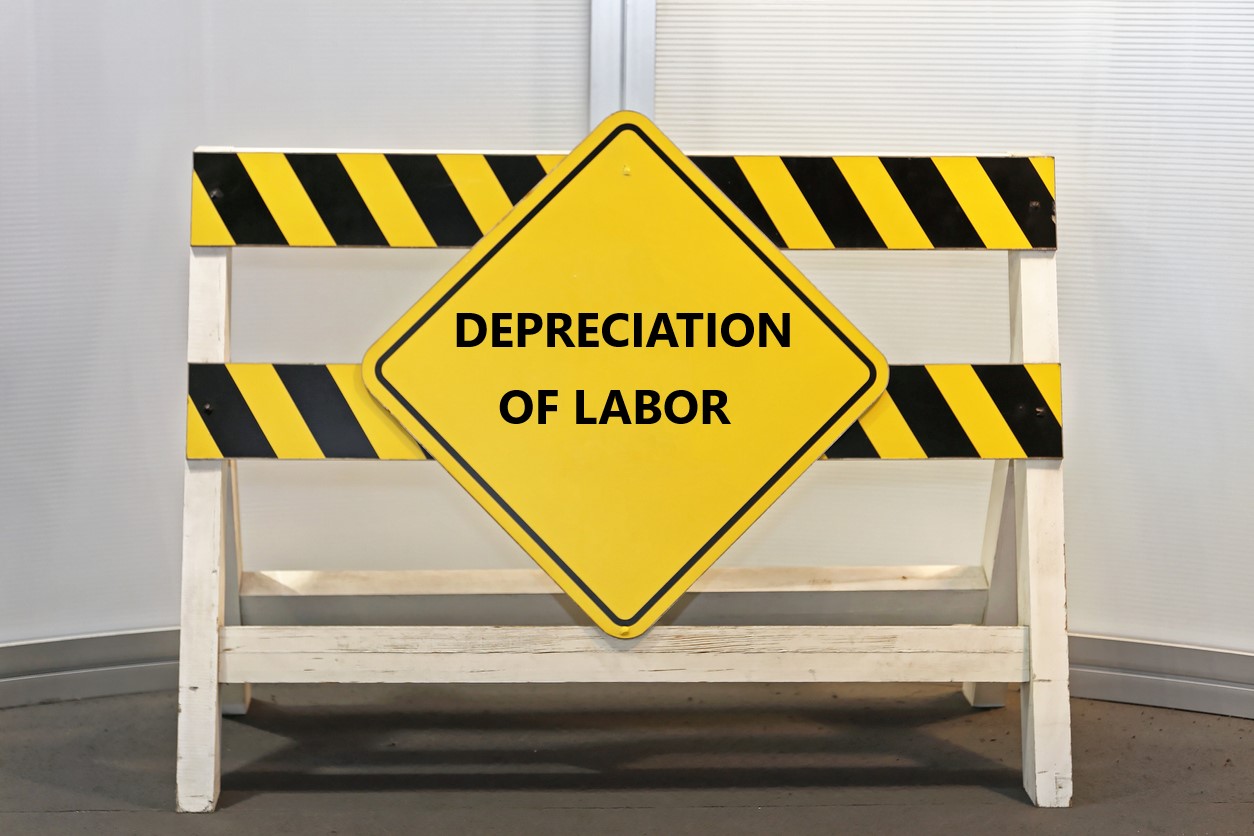When it comes to determining actual cash value and whether labor can be depreciated in Kentucky, do what insurance education Bill Wilson teaches and RTFP—Read the Full Policy. While a favorable Kentucky federal opinion ruled that depreciation could not be depreciated, it did so on the basis of ambiguity in the policy.1 It left open the question of whether the Kentucky Department of Insurance would allow insurers to have their policies.
The Kentucky Department of Insurance then issued the following Advisory Opinion allowing insurers to draft policy provisions that depreciate labor:
This Advisory Opinion is offered to clarify the Department’s interpretation of 806 KAR 12:095 Section 9(1), and it’s applicability to the depreciation of labor expenses in the adjustment of property loss claims in light of the recent holding presented in Hicks v. State Farm Fire & Casualty Co., 751 Fed. Appx. 703 (6th Cir. 2018). 806 KAR 12:095 Section 9 (1) states in part:
‘…Standards for Prompt, Fair, and Equitable Settlements Applicable to Fire and Extended Coverage Type Policies with Replacement Cost Coverage. (1) If the policy, contract, or certificate authorizes the adjustment and settlement of first party losses based on replacement cost, the following shall apply:
(a) If a loss requires repair or replacement of an item or part, any consequential physical damage incurred in making the repair or replacement not otherwise excluded by the policy shall be included in the loss….’
The Department’s interpretation of 806 KAR 12:095 Section 9(1) allows an insurer to draft loss payable provisions within an insurance policy to satisfy the indemnification obligation between contracting parties. If the policy defines in a clear and unambiguous manner the practice of withholding labor depreciation in the adjudication of a property claim payment, then the Kentucky Insurance Code does not prohibit it.
Policyholders should be aware that insurance companies advertising they will save you money on your insurance are not explaining that the policy being sold is written differently and inferior to one costing more at the point of sale. Insurance is not a commodity product and policy language can be changed so that benefits paid are less when a loss occurs.
The problem is that most people are not provided a copy of the policy at the point of sale. They are often being sold on price without full disclosure about significant differences in policy benefits. The state departments of insurance are supposed to be watchdogs over this type of conduct and have regulations and market conduct investigations about insurers and agents aimed at preventing this this type of conduct where they are selling policies just on price. With so many variations of property insurance policies, prices are bound to be different and blatant “twisting” through wrongful comparison is often what is happening at the point advertising and sale.
Thought For The Day
Heaven must be a Kentucky kind of place.
—Daniel Boone
_________________________________
1 Hicks v. State Farm Fire & Cas. Co., No 18-5104 (6th Cir. Oct. 15, 2018).




